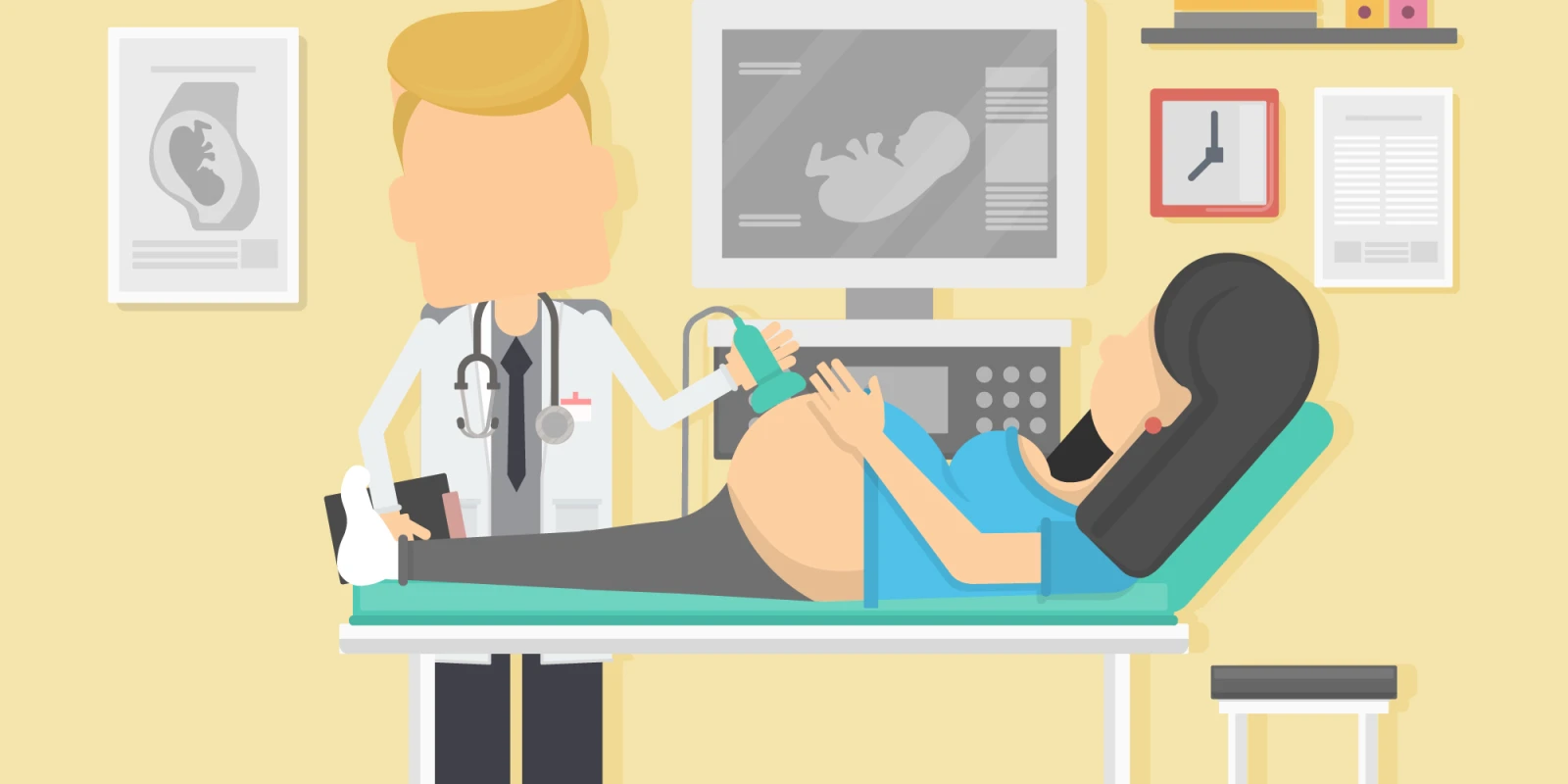 Perhaps you have already heard of crisis pregnancy centers (CPCs). I see highway billboards for them on most of my long drives throughout the rural Midwest. Recently, I received an email from a student interest group offering medical students the opportunity to tour one such center. The email inspired me to write this article because, as healthcare professionals, we have a lot of privilege and responsibility—hopefully, we are trained to respect facts and evaluate issues as critically as possible. My intention with this article is not to change any opinions on abortion. Instead, this is my earnest effort to share salient truths about CPCs and raise some ethical questions for you to answer for yourself, no matter where you land on the abortion debate.
Perhaps you have already heard of crisis pregnancy centers (CPCs). I see highway billboards for them on most of my long drives throughout the rural Midwest. Recently, I received an email from a student interest group offering medical students the opportunity to tour one such center. The email inspired me to write this article because, as healthcare professionals, we have a lot of privilege and responsibility—hopefully, we are trained to respect facts and evaluate issues as critically as possible. My intention with this article is not to change any opinions on abortion. Instead, this is my earnest effort to share salient truths about CPCs and raise some ethical questions for you to answer for yourself, no matter where you land on the abortion debate.
The first CPC opened in the 1960s (1) but the number of CPCs has since ballooned. Today, they far outnumber abortion clinics and, unlike abortion clinics, they can and often do receive public funding. CPCs present themselves to women as healthcare facilities, but they are often unlicensed and unregulated. Certain states (like California, Illinois, and Hawaii) and cities (like Austin and Baltimore) have attempted to address licensure and regulation concerns with disclosure requirements, but a recent Supreme Court decision ruled 5-4 that such laws infringe on First Amendment rights. (2)
We should be concerned that CPCs often share misleading or outright inaccurate medical information with women. One 2014 study evaluated 254 websites containing referrals to 348 CPCs. The study found that 203 of those sites “provided at least one false or misleading piece of information.” For example, CPC websites often link abortion to risks of breast cancer and/or future infertility, statements which are just not true (the American College of Obstetrics and Gynecologists also denies such claims).
If you want to learn more:
- The American Medical Association published an article in their Journal of Ethics titled, “Why Crisis Pregnancy Centers Are Legal But Unethical.”
- Professor Joanne Rosen of the Johns Hopkins Bloomberg School of Public Health also wrote an informative article titled, “The Public Health Risks of Crisis Pregnancy Centers”.
- Two Ob/Gyns at Stanford have a podcast, “The V Word”, that discusses CPCs at length in Episode 17. I was personally shocked by discussion in the episode of a CPC practice that allowed ultrasound technicians (often not properly trained to perform ultrasounds) to tell a woman her pregnancy was much earlier than it actually was, in an effort to prevent her from from making a decision within the abortion window.
We must ask ourselves if the ends here justify the means: Is it okay for CPCs to be dishonest with women to achieve their goals? Should unregulated organizations that are not held to any formal standard of care be able to present themselves as healthcare facilities? Should we allow them to dispense medical information?
Notes
- The first crisis pregnancy center opened in Hawaii in 1967.
- The case, National Institute of Family and Life Advocates v. Becerra, was decided in 2018.
Image by Guzaliia Filimonova / gettyimages
Nickey Jafari is a fourth-year medical student at the University of Kansas hoping to pursue residency in Obstetrics and Gynecology.







